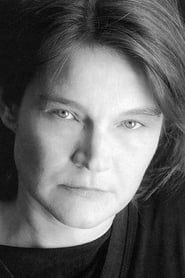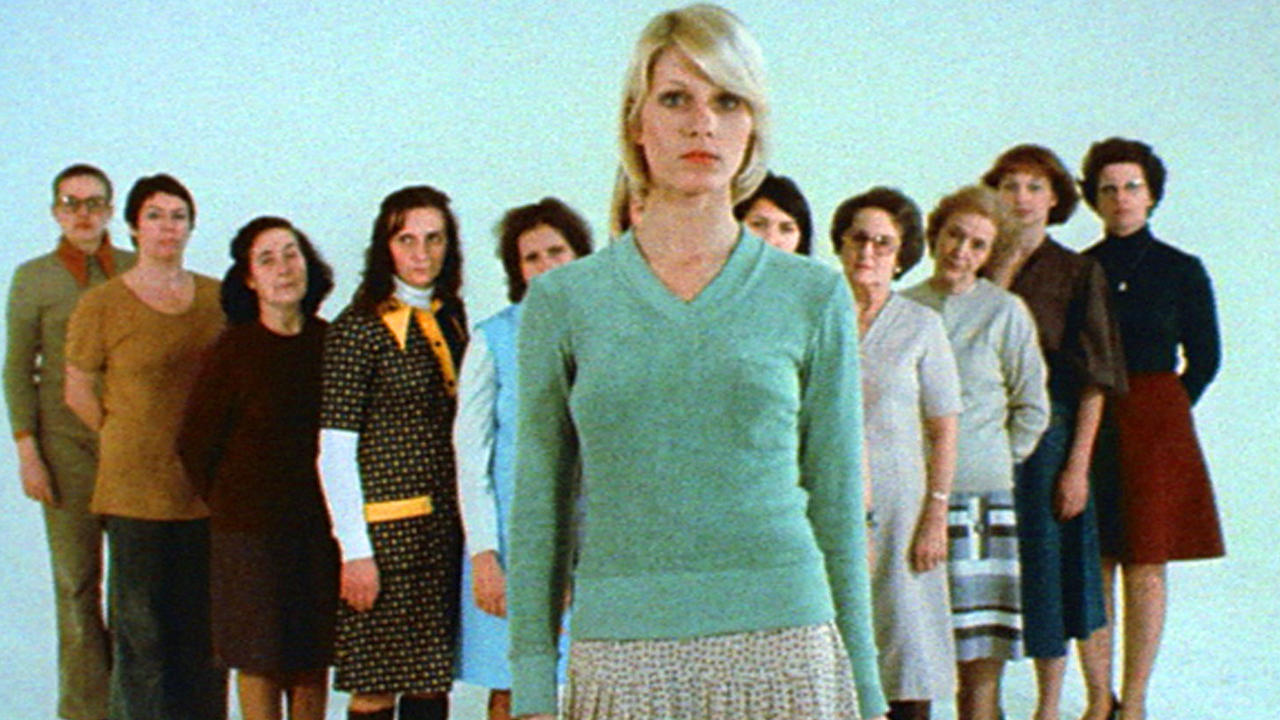
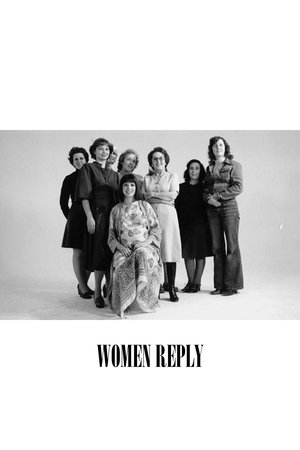
Women Reply(1975)
Our Bodies, Our Sex.
What does being a woman really mean? How do women live the status society reserves for them? A group of women, beautiful or not, young or not, gifted with motherly instinct or not, answer before Agnès Varda's camera.


Movie: Women Reply
Top 4 Billed Cast
Self (uncredited)
Pregnant Woman (uncredited)

Réponse de femmes : Notre corps, notre sexe
HomePage
Overview
What does being a woman really mean? How do women live the status society reserves for them? A group of women, beautiful or not, young or not, gifted with motherly instinct or not, answer before Agnès Varda's camera.
Release Date
1975-02-12
Average
6.4
Rating:
3.2 startsTagline
Our Bodies, Our Sex.
Genres
Languages:
FrançaisKeywords
Recommendations Movies
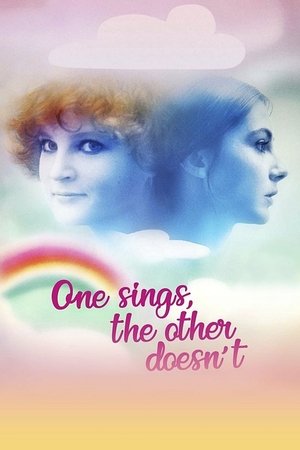 7.2
7.2One Sings, the Other Doesn't(fr)
The intertwined lives of two women in 1970s France, set against the progress of the women's movement in which Agnes Varda was involved. Pomme and Suzanne meet when Pomme helps Suzanne obtain an abortion after a third pregnancy which she cannot afford. They lose contact but meet again ten years later. Pomme has become an unconventional singer, Suzanne a serious community worker - despite the contrast they remain friends and share in the various dramas of each others' lives, in the process affirming their different female identities.
 5.8
5.8Vox Lux(en)
In 1999, teenage sisters Celeste and Eleanor survive a seismic, violent tragedy. The sisters compose and perform a song about their experience, making something lovely and cathartic out of catastrophe — while also catapulting Celeste to stardom. By 2017, the now 31-year-old Celeste is mother to a teenage daughter of her own and struggling to navigate a career fraught with scandals when another act of terrifying violence demands her attention.
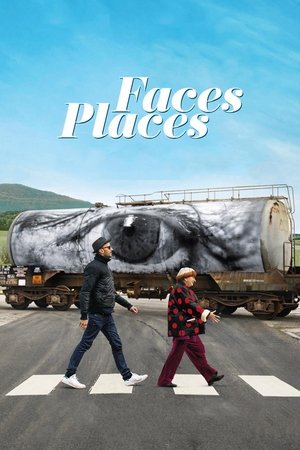 7.7
7.7Faces Places(fr)
Director Agnès Varda and photographer/muralist JR journey through rural France and form an unlikely friendship.
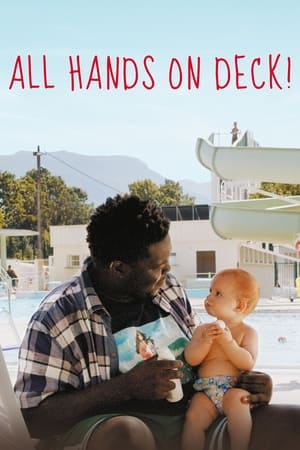 7.0
7.0All Hands on Deck!(fr)
An unlikely oddball trio bond during an impromptu trip to the French countryside on a foolhardy romantic mission.
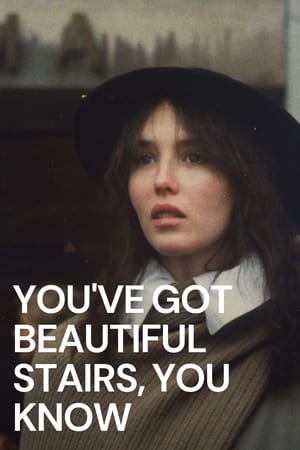 5.9
5.9You've Got Beautiful Stairs, You Know...(fr)
Short directed by Agnès Varda in 1986 on the occasion of the 50th anniversary of the French Cinematheque.
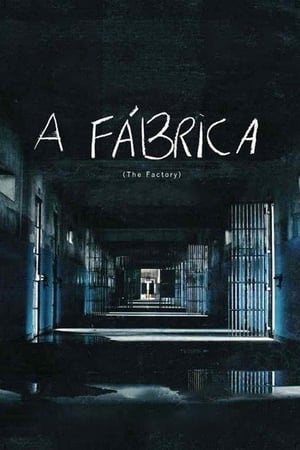 6.2
6.2The Factory(pt)
Visiting day. Lindalva prepares food to take it to her son who is in jail. Metruti, Lindalva's son, shaves and wears the best clothes to welcome his mother. Today is a very special day and he really needs to make a phone call. His mother is taking a risk, she's willing to smuggle a cell phone for him into the penitentiary.
Walter: A Life in Football(en)
Documentary paying tribute to one of the most successful managers in the history of Scottish football, Walter Smith. A winner as manager for Rangers and Scotland, Walter Smith was a man whose character won respect across the hard tribal lines of our national game. Featuring rare archive, and told with interview contributions from the people who knew him best and who worked with him throughout his long and varied career, the programme explores the numerous successes at Rangers, his experiences as a manager when he headed south to Everton in the English Premiership, his leadership of the Scotland national men’s team and his sensational return to Rangers in 2007. Walter: A Life in Football follows the highs and lows of Smith’s career, exploring the characteristics that made players, fellow managers and supporters venerate him. He was genuinely loved and revered by many, including titans of the game such as Pep Guardiola and Sir Alex Ferguson.
 7.3
7.3The Actress(en)
In search of her unique voice, an aspiring actress infiltrates cinema history. As she traverses time, space, and gender, she shape-shifts through Hollywood’s most iconic roles, reimagining cinematic archetypes for today.
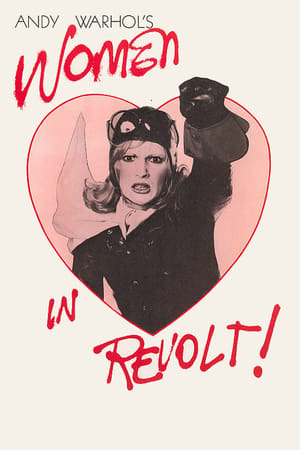 5.7
5.7Women in Revolt(en)
Candy is an aloof heiress caught in an unhappy relationship with her brother. Jackie is a virginal intellectual who believes women are oppressed in contemporary American society. And Holly is a nymphomaniac who has come to loathe men, despite her attraction to them. Together, they join a militant feminist group, P.I.G. (Politically Involved Girls), but their newfound liberation doesn't make them any happier.
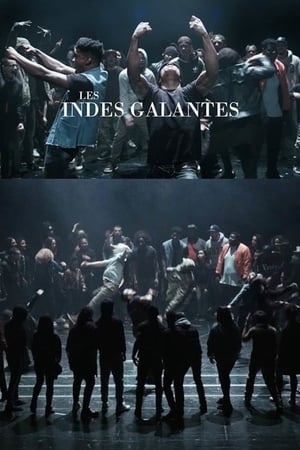 8.0
8.0The Amorous Indies(fr)
Les Indes Galantes (The amorous indies), is an opera-ballet created by Jean Philippe Rameau in 1735. He was inspired for one of the dance by tribal Indian dances of Louisiana performed by Metchigaema chiefs, in Paris in 1723. Clément Cogitore adapts a short part of the ballet by mobilizing a group of Krump dancers, an art form born in Los Angeles black ghetto in the 1990s. Its birth occurred in the aftermath of the beating up of Rodney King and the riots, as well as police repression it triggered. Amidst this coercive atmosphere, young dancers started to embody the violent tensions of the physical, social and political body. Both the tribal dance performed in Paris in 1723, and the rebelious Krump dancers of the 1990s shape a reenactment of Rameau’s original libretto, staging young people dancing on the verge of a volcano.
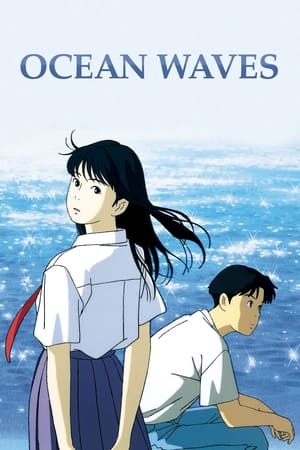 6.4
6.4Ocean Waves(ja)
At Kichijōji Station, Tokyo, Taku Morisaki glimpses a familiar woman on the platform opposite boarding a train. Later, her photo falls from a shelf as he exits his apartment before flying to Kōchi Prefecture. Picking it up, he looks at it briefly before leaving. As the aeroplane takes off, he narrates the events that brought her into his life...
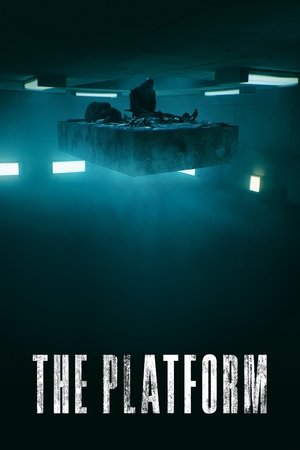 7.0
7.0The Platform(es)
A slab of food descends down a vertical facility. The residents above eat heartily, leaving those below starving and desperate. A rebellion is imminent.
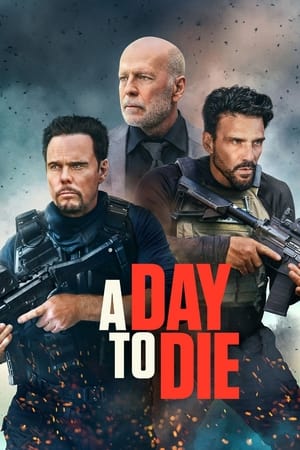 5.7
5.7A Day to Die(en)
A disgraced parole officer is indebted to a local gang leader and forced to pull off a series of dangerous drug heists within twelve hours in order to pay the $2 million dollars he owes, rescue his kidnapped pregnant wife, and settle a score with the city's corrupt police chief, who is working with the gang leader and double-crossed him years ago.
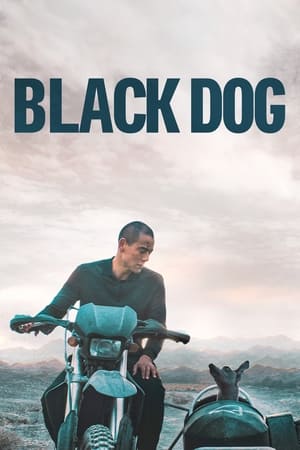 7.3
7.3Black Dog(zh)
On the edge of the Gobi desert in Northwest China, Lang returns to his hometown after being released from jail. While working for the local dog patrol team to clear the town of stray dogs before the Olympic Games, he strikes up an unlikely connection with a black dog. These two lonely souls embark on a journey together.
 7.4
7.4Amaran(ta)
A heroic true story of Major Mukund Varadarajan, an Indian Army officer who displayed extraordinary bravery during a counterterrorism mission in Kashmir’s Shopian district. The film captures his courage in protecting his nation and the devotion of his wife Indhu Rebecaa Varghese.
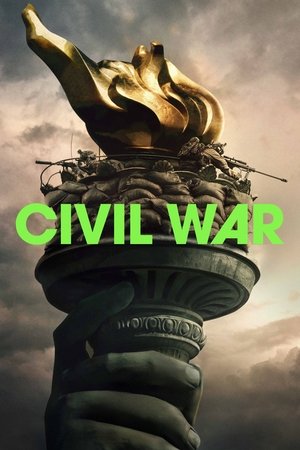 6.9
6.9Civil War(en)
In the near future, a group of war journalists attempt to survive while reporting the truth as the United States stands on the brink of civil war.
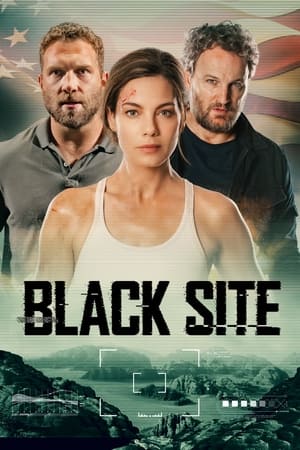 6.1
6.1Black Site(en)
A group of officers based in a labyrinthine top-secret prison must fight for their lives against Hatchet, a brilliant and infamous high-value detainee. When he escapes, his mysterious and deadly agenda has far reaching and dire consequences.
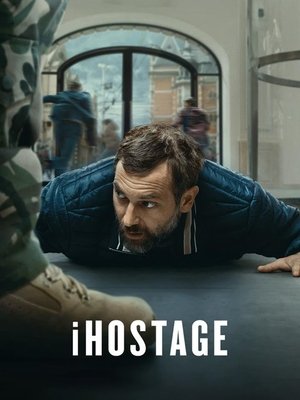 6.0
6.0iHostage(nl)
When a gunman enters an Apple Store in the heart of Amsterdam, the police face a delicate challenge to resolve the standoff.
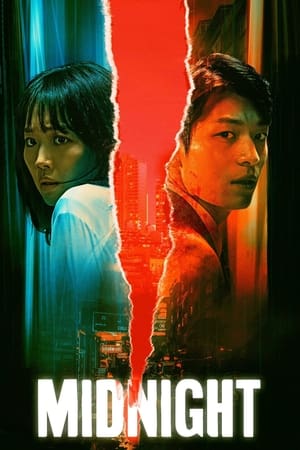 7.3
7.3Midnight(ko)
A serial killer ruthlessly hunts down a deaf woman through the streets of South Korea after she witnesses his brutal crime.
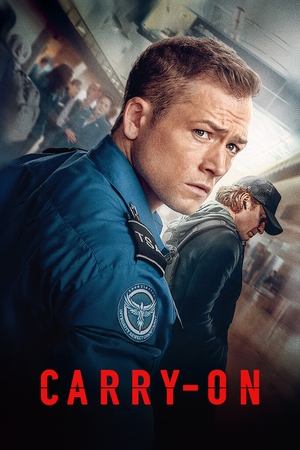 6.9
6.9Carry-On(en)
An airport security officer races to outsmart a mysterious traveler forcing him to let a dangerous item slip onto a Christmas Eve flight.
Similar Movies
 6.9
6.9Olympia: Part One – Festival of the Nations(de)
Commissioned to make a propaganda film about the 1936 Olympic Games in Germany, director Leni Riefenstahl created a celebration of the human form. This first half of her two-part film opens with a renowned introduction that compares modern Olympians to classical Greek heroes, then goes on to provide thrilling in-the-moment coverage of some of the games' most celebrated moments, including African-American athlete Jesse Owens winning a then-unprecedented four gold medals.
 6.7
6.7Olympia: Part Two – Festival of Beauty(de)
Commissioned to make a propaganda film about the 1936 Olympic Games in Germany, director Leni Riefenstahl created a celebration of the human form. Where the two-part epic's first half, Festival of the Nations, focused on the international aspects of the 1936 Olympic Games held in Berlin, part two, The Festival of Beauty, concentrates on individual athletes such as equestrians, gymnasts, and swimmers, climaxing with American Glenn Morris' performance in the decathalon and the games' majestic closing ceremonies.
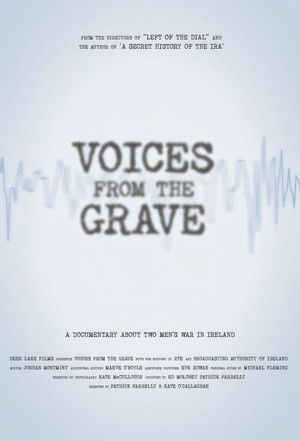 0.0
0.0Voices from the Grave(en)
The story of the Northern Ireland Troubles through the unflinching testimony of two men who played key roles on opposite sides of that bloody conflict. Nearly ten years ago the two paramilitary leaders told their stories on condition that they could never be revealed while they were still alive. The stories told by the Irish Republican Army's Brendan Hughes and Ulster Volunteer Force's David Ervine tell us of the motivations of the participants, the planning of campaigns of violence, the misery of a hunger strike, the tracking and killing of informers and the duplicity that ended a conflict that had lasted too long. It is also a narrative of the fate of combatants when their wars are over.
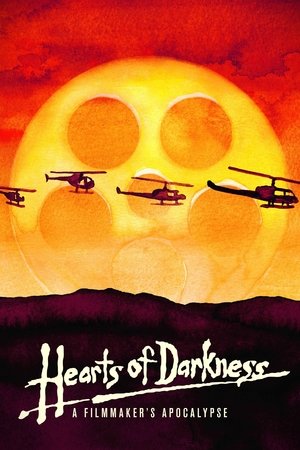 7.9
7.9Hearts of Darkness: A Filmmaker's Apocalypse(en)
A chronicle of the production problems — including bad weather, actors' health, war near the filming locations, and more — which plagued the filming of Apocalypse Now, increasing costs and nearly destroying the life and career of Francis Ford Coppola.
 8.0
8.0Punk Girls - Die weibliche Geschichte des britischen Punk(de)
London 1976: Between economic crises and the Silver Jubilee, something is brewing in the squats and basement clubs of West London: Punk. A promise, a new beginning. Punk meant self-empowerment, especially for the women in the scene. For the first time, women picked up guitar, bass and drums, formed bands and wrote their own songs.
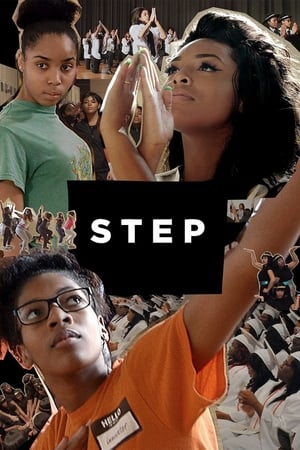 7.5
7.5Step(en)
The senior year of a girls’ high school step team in inner-city Baltimore is documented, as they try to become the first in their families to attend college. The girls strive to make their dancing a success against the backdrop of social unrest in their troubled city.
 7.0
7.0Unrest(en)
When Harvard PhD student Jennifer Brea is struck down at 28 by a fever that leaves her bedridden, doctors tell her it’s "all in her head." Determined to live, she sets out on a virtual journey to document her story—and four other families' stories—fighting a disease medicine forgot.
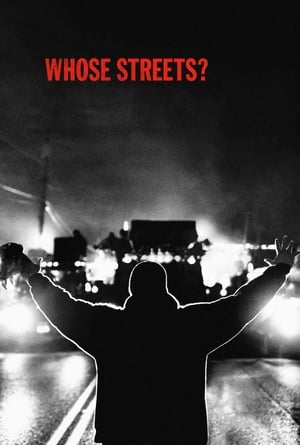 5.8
5.8Whose Streets?(en)
A nonfiction account of the Ferguson uprising told by the people who lived it, this is an unflinching look at how the killing of 18-year-old Michael Brown inspired a community to fight back—and sparked a global movement.
 5.9
5.9500 Years(es)
From a historic genocide trial to the overthrow of a president, the sweeping story of mounting resistance played out in Guatemala’s recent history is told through the actions and perspectives of the majority indigenous Mayan population, who now stand poised to reimagine their society.
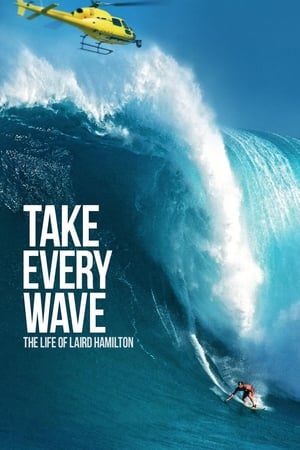 6.4
6.4Take Every Wave: The Life of Laird Hamilton(en)
This is the remarkable story of an American icon who changed the sport of big wave surfing forever. Transcending the surf genre, this in-depth portrait of a hard-charging athlete explores the fear, courage and ambition that push a man to greatness—and the cost that comes with it.
 5.5
5.5This Is Everything: Gigi Gorgeous(en)
A groundbreaking film that portrays the journey of Gigi Lazzarato, a fearless woman who began life as Gregory, posting fashion videos to YouTube from his bedroom, only to later come out as a transgender female. With never-before-seen personal footage, the film spotlights a family’s unwavering love for a child.
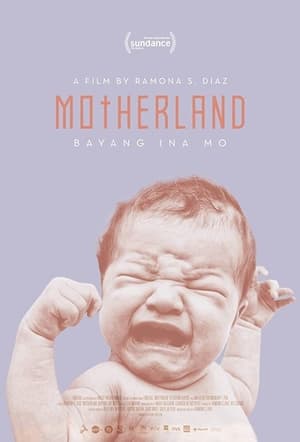 6.7
6.7Motherland(en)
The planet’s busiest maternity hospital is located in one of its poorest and most populous countries: the Philippines. There, poor women face devastating consequences as their country struggles with reproductive health policy and the politics of conservative Catholic ideologies.
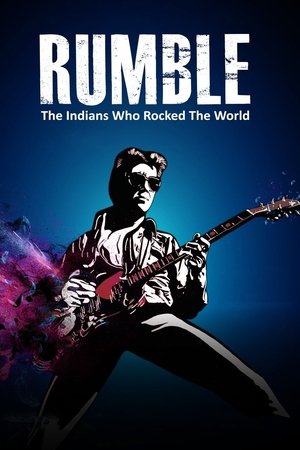 7.7
7.7Rumble: The Indians Who Rocked the World(en)
Documentary about the role of Native Americans in popular music history, a little-known story built around the incredible lives and careers of the some of the greatest music legends.
 10.0
10.0The Vanquishing of the Witch Baba Yaga(ru)
A descent into Eastern Europe's haunted woodlands uncovers the secrets, fairy tales, and bloody histories that shape our understanding of man's place in nature.
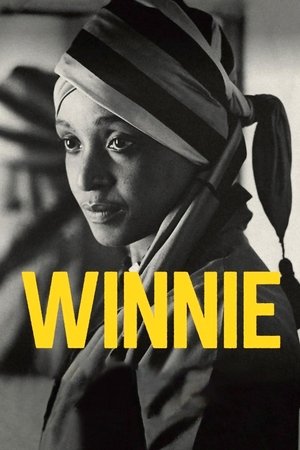 6.4
6.4Winnie(en)
While her husband served a life sentence, paradoxically kept safe and morally uncontaminated, Winnie Mandela rode the raw violence of apartheid, fighting on the front line and underground. This is the untold story of the mysterious forces that combined to take her down, labeling him a saint, her, a sinner.
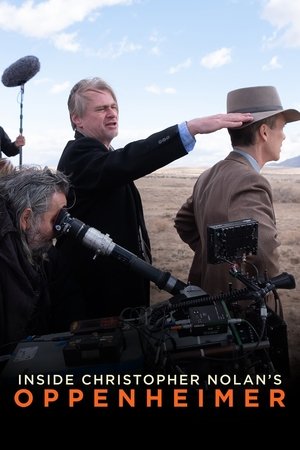 6.5
6.5Inside Christopher Nolan's Oppenheimer(en)
A look behind the scenes of Christopher Nolan's film "Oppenheimer" about an American scientist and his role in the development of the atomic bomb.
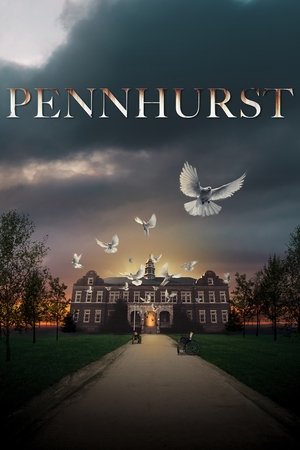 0.0
0.0Pennhurst(en)
Segregation, abandonment, and the meaning of home are discussed by the people that lived in, worked at, and crusaded for one of the largest and oldest Intellectual and Developmental Disability Institutions in the United States. The facility, in its closing, challenged society's perception of those with intellectual disabilities and ultimately fought for better rights.
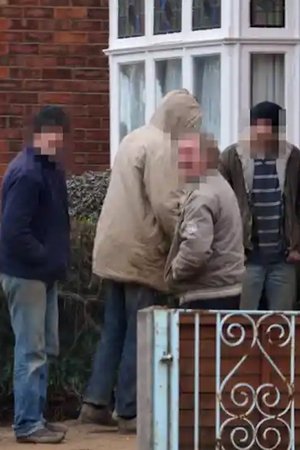 0.0
0.0Modern British Slavery(en)
Explores the rise of modern slavery in the UK, giving a portrait of the dark world of forced labor through the eyes of the people involved.
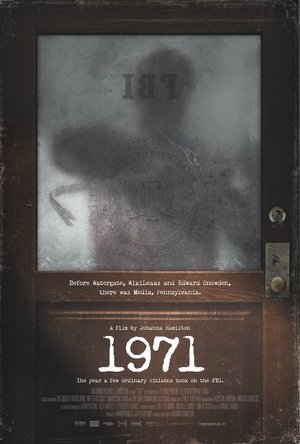 6.7
6.71971(en)
Forty years before WikiLeaks and the NSA scandal, there was Media, Pennsylvania. In 1971, eight activists plotted an intricate break-in to the local FBI offices to leak stolen documents and expose the illegal surveillance of ordinary Americans in an era of anti-war activism. In this riveting heist story, the perpetrators reveal themselves for the first time, reflecting on their actions and raising broader questions surrounding security leaks in activism today.
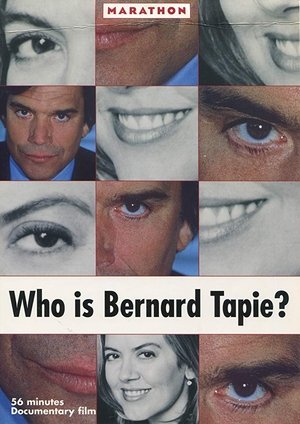 3.5
3.5Who Is Bernard Tapie?(en)
This documentary tells two stories simultaneously: it's a profile of Bernard Tapie, a wealthy man who rises and falls spectacularly in French society and may be on the rise again; and, it's a look at Marina Zenovich's fascination with Tapie, behaving oddly in spite of her awareness that she's being irrational. Politicians, athletes, friends, companions, and journalists comment on Bernard's charm, his rise to prominence in sports and politics, and his subsequent trouble with the law. Zenovich becomes fixated on her need to interview Tapie, becoming virtually a stalker in her quest.

